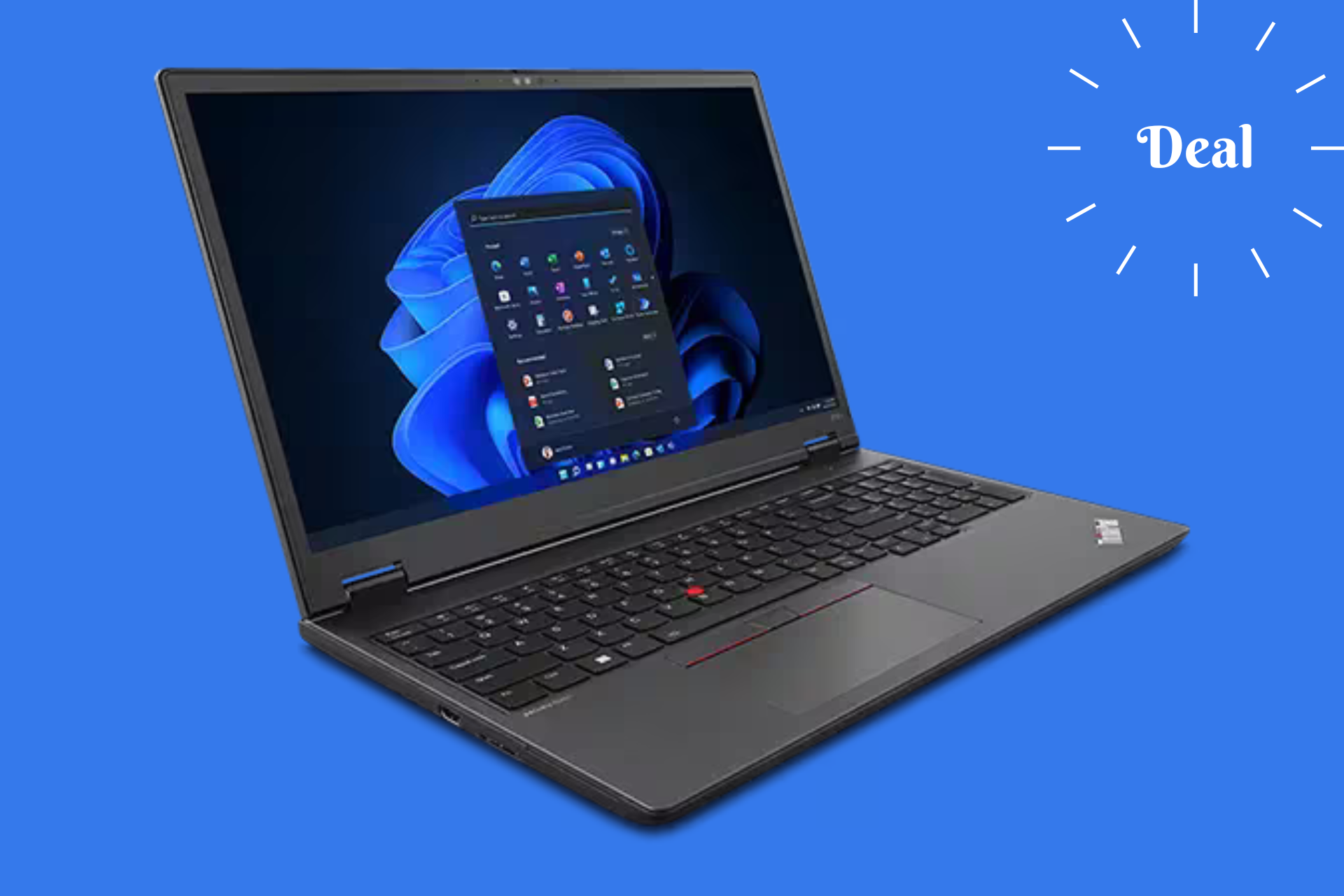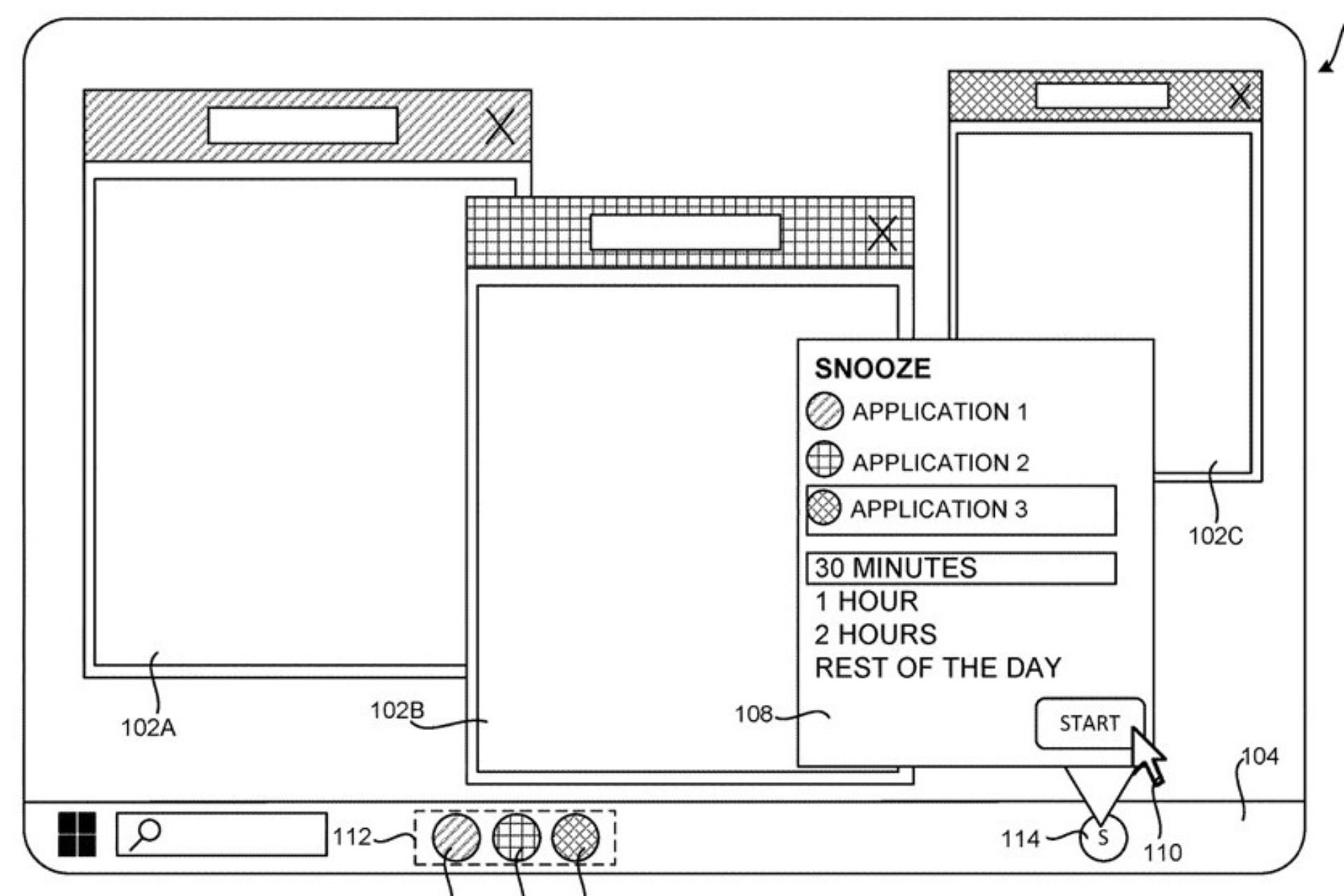Navigating compatibility challenges - Windows on ARM devices and x86-64 software
Users need manufacturer's support for seamless experience
2 min. read
Published on
Read our disclosure page to find out how can you help Windows Report sustain the editorial team Read more

The hype of Windows on ARM devices is gaining traction, which has also brought questions about their compatibility with x86-64 software.
Although Microsoft has assured that most apps will work perfectly on ARM-based systems, driver compatibility is still a concern.
According to Microsoft’s Windows Arm-based PCs FAQ:
Peripherals and devices only work if the drivers they depend on are built into Windows 11, or if the hardware developer has released Arm64 drivers for the device.
This warning is relevant when you take third-party hardware into consideration, which depends on certain drivers communicating with the operating system.
According to a recent review, running x86-64 software on Windows on ARM devices could cause compatibility issues if the manufacturers don’t compile compatible drivers for the ARM 64 architecture. This could lead the devices not to be able to communicate with third-party hardware, probably hindering necessary functions.
Despite the concerns about potential compatibility issues highlighted, you should not worry too much about using Windows on ARM devices, and there are reasons for this.
First, basic peripherals like wireless printers usually work fine with these devices, and Windows 11 can recognize and work with these devices, thanks to Microsoft’s built-in drivers.
The second thing is even gadgets like colorimeters used for display benchmarking seem to work well with Windows on Arm devices
While some bumps might be in the road, they could be considered the exception instead of the rule. Also, during testing, no serious obstacles could indicate the prevention of using essential accessories in conjunction with Windows on Arm devices.
Having said that, the user must stay vigilant as the absence of ARM64 drivers from manufacturers could lead to unanticipated challenges.
Also, with the evolution of technology, manufacturers will have to emphasize the development of compatible drivers for Windows to have a smooth experience on ARM devices.
What are your views on the matter? Share your opinions with our readers in the comments section below.








